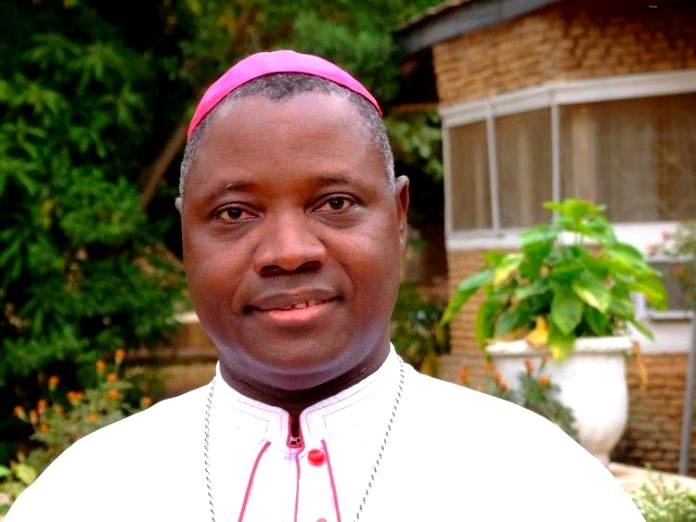The Africa Centres for Disease Control and Prevention (Africa CDC) says it is working to ensure that each country in the continent vaccinates at least 60 per cent of its population against COVID-19.
Dr Raji Tajudeen, the Head of Public Health Institutes and Research, Africa CDC, Addis Ababa, Ethiopia, stated this at the Pre-Conference Webinar of the Medical Women’s International Association, Near East and African Regional Congress on Wednesday.
Speaking on the theme “COVID-19 in the African Region”, Tajudeen said that the African CDC was working to ensure equitable and affordable access to COVID-19 vaccines by African countries.
He said that the Africa CDC had helped in securing 270 million doses of COVID-19 vaccines for African countries and currently working to secure additional 300 million doses.
According to him, the effort is to ensure that each country has 60 per cent of the vaccine it needs, adding that failure to do so will make it very difficult to manage the pandemic in the continent.
He pointed out that COVID-19 pandemic has brought to the fore the need for a new public health order and increased investment in the National Health Institute of each member state of the African Union.
“We need to start thinking of how to build an adaptive public health workforce capacity to meet the needs of the growing population in the continent.
“For example, in epidemiology alone, we have a short fall of 4,000. We need to start thinking of how to bridge this gap.
“It is also time we begin to think of renewed partnership that will synchronise global health in the spirit of global solidarity to ensure effective response to global pandemic,” he said.
Tajudeen also pointed out that there was no way Africa can attain health security without having local manufacturing capacity in terms of therapeutics and diagnostics, among others.
He explained that Africa’s population was currently estimated at 1.3 billion but with local health manufacturing capacity nowhere near where it was supposed to be.
Also speaking, Dr Abdulaziz Mohammed, the Head of Disease Control and Prevention, Africa CDC, said that as of 2017, India produced 94 per cent of its pharmaceutical needs.
Mohammed said that within the same period, Unganda imports 90 per cent of its pharmaceutical needs while Nigeria imports 75 per cent, indicating a huge manufacturing gap in medical manufacturing capacity in the continent.
He said that to address this gap, the African Medical Supplies Platform was established as a single online marketplace to enable the supply of COVID-19-realted critical medical equipment including laboratory consumables.
He said that the Africa CDC Regional Collaborating Centres and Regional Integrated Surveillance and Laboratory Network was also established to bring public health assets together in a functional network.
“This includes laboratory, surveillance, workforce and partnerships.
“The network is also accelerating regional disease detection and response through innovative data and experience sharing platforms.
“It provides a platform for a cross border specimen referral system, strengthening laboratory centres of excellence to support other member states and use of partnerships to ensure unified response to outbreaks,” he said.
On the topic “Epidemiology, Gender Differentials and Lessons Learnt”, Mohammed said that women and girls suffered the negative impact of the pandemic more than the men.
He said that since the pandemic, access to essential health services like child and maternal health care appears to be declining.
According to him, this gender gap could widen during and after the pandemic, expressing fear that the gains in women’s and girl’s empowerment and voice built over the years could be reversed. (NAN)




